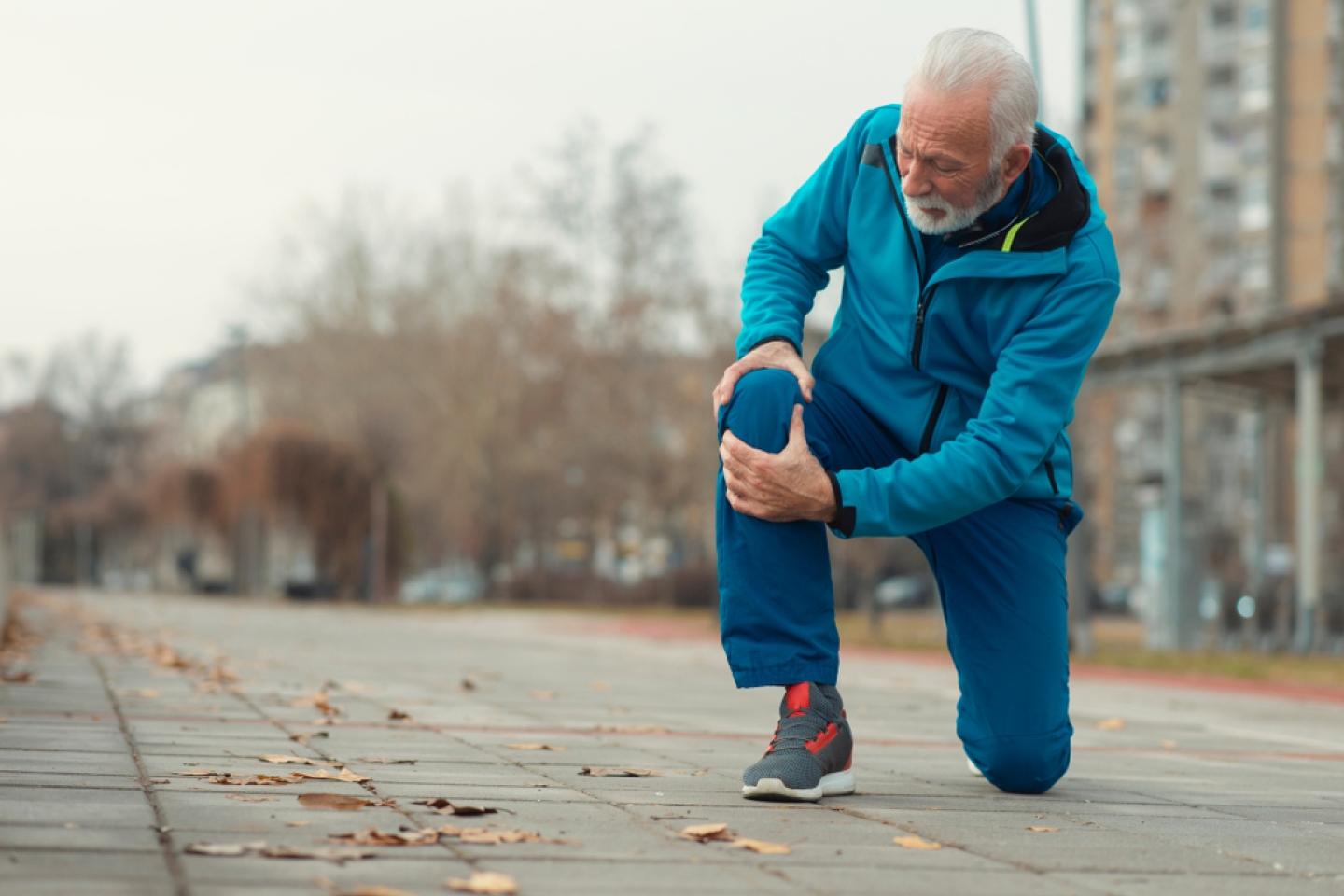
If the cold months leave you with body aches and joint pain, you’re not alone. Research published in the International Archives of Occupational and Environmental Health concluded that the risk for musculoskeletal pains slightly increases for those who work in a cold environment for at least 25 percent of the time.
“There's not a clear-cut explanation for why we get these joint pains in the cold weather,” says Dr. Philip Petrou, double-board certified anesthesiologist and pain medicine physician at Weill Cornell Medicine. “One contributing factor is when it's cold out, blood vessels constrict. There's not as much blood supply getting to the joints. Additionally, the change in atmospheric pressure can cause an expansion of the joints and increase thickness of the synovial fluid in joints, which may explain some stiffness and pain.”
Fortunately, you can take steps to reduce the aches and pains you feel this winter.
Before going outside, take a peek at the temperature and dress accordingly. Instead of wearing one large jacket, Dr. Petrou suggests wearing multiple layers. This serves multiple purposes. You stay warm outside. Once you get out of the cold, you can remove one layer at a time to stay comfortable.
Items to slip on before heading into the cold include:
Keeping your body warm helps fight against constricting blood vessels that reduce blood supply. There’s just one issue. You’ve got to move to stay warm, and that may not be part of your routine.
“People worked on farms 50 to 100 years ago,” says Dr. Nasser Ayyad, assistant professor of clinical rehabilitation medicine at Weill Cornell Medical College and board-certified physical medicine and rehabilitation physician at Weill Cornell Medicine. “Now, many of us are working at computers, and all that sitting has had an impact on our lives.”
One impact is decreased circulation. Exercise is a natural way to improve your circulation and reduce your wintertime aches and pains.
Help your circulation by finding an exercise you like and sticking with it. Options that get you moving indoors when it’s chilly outside include:
“Motion is lotion,” says Dr. Ayyad. “The more you stay active and engaged in exercises you enjoy, the better off you’ll be in terms of overall health and your joint and bone health.”
Are you dealing with aches or pains caused by arthritis, injury or other issues? Find a doctor at Weill Cornell Medicine ready to lend a warm, helping hand.